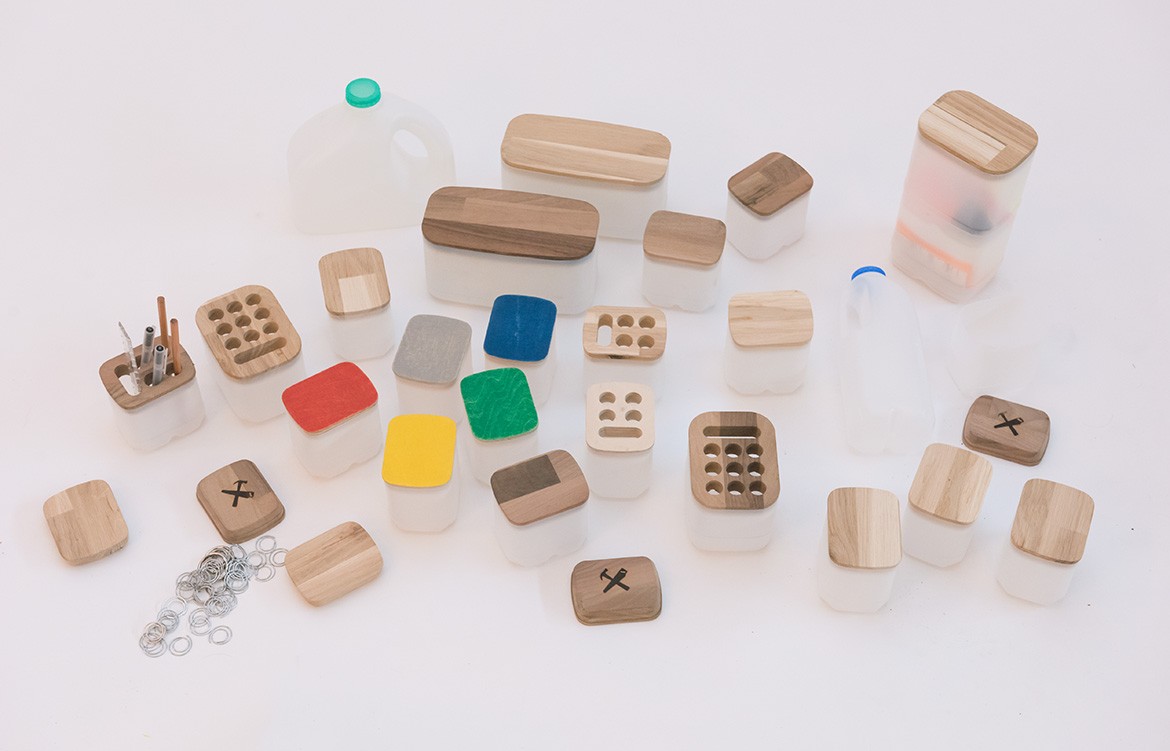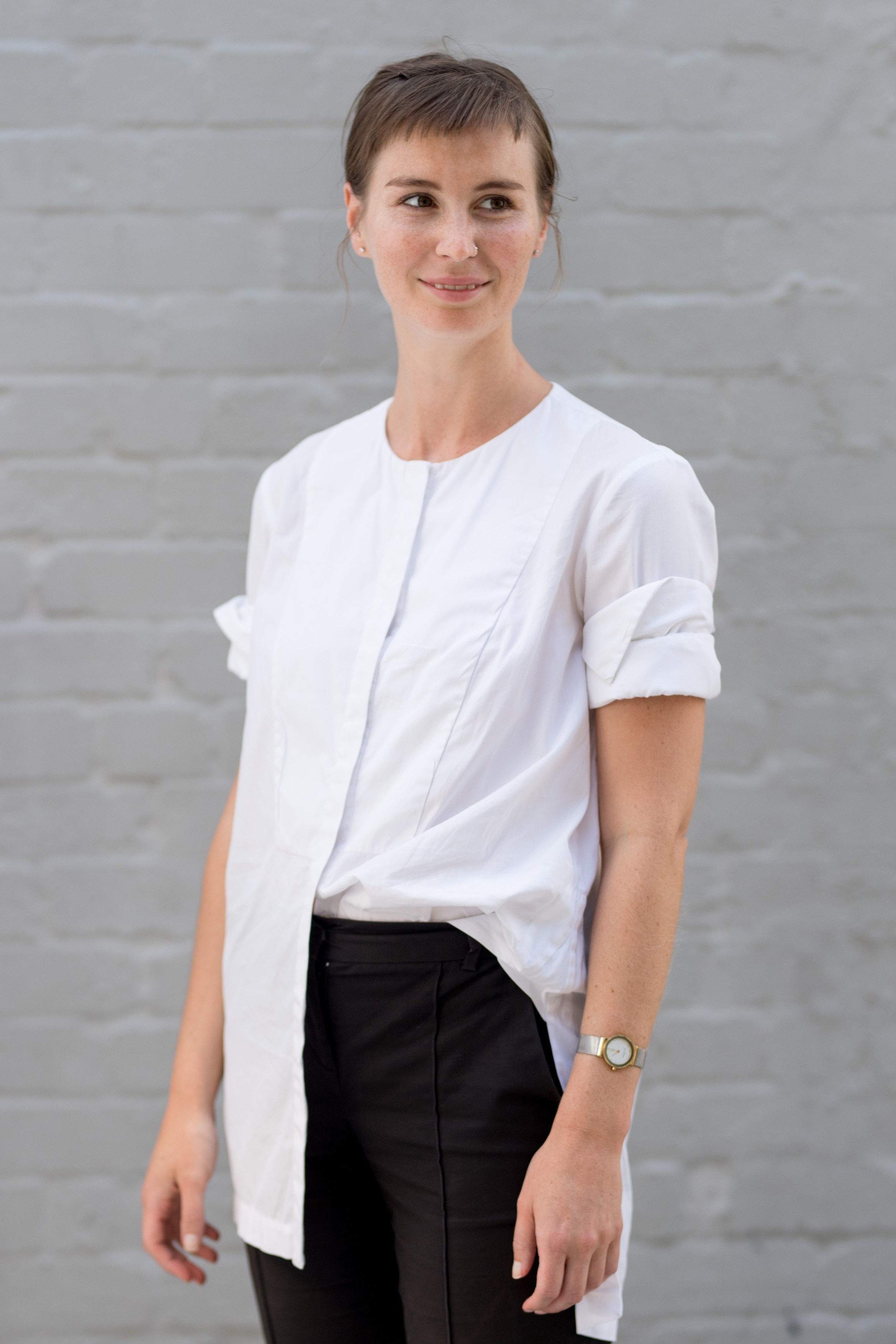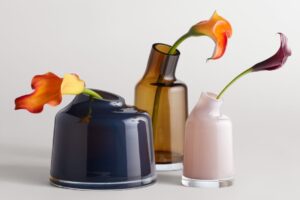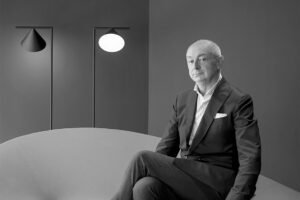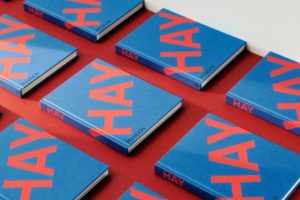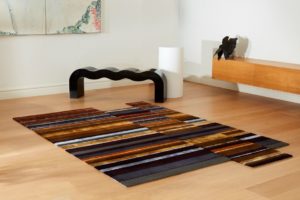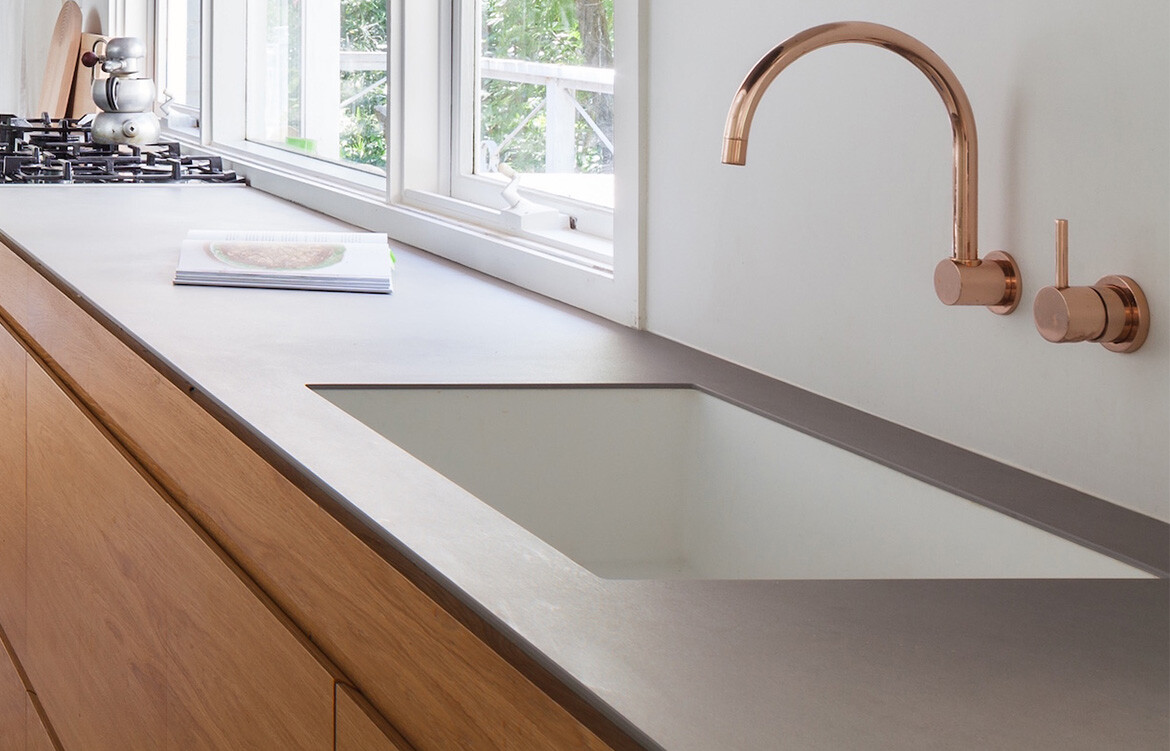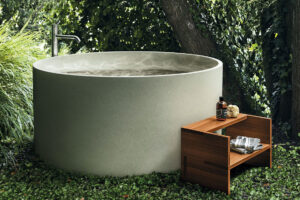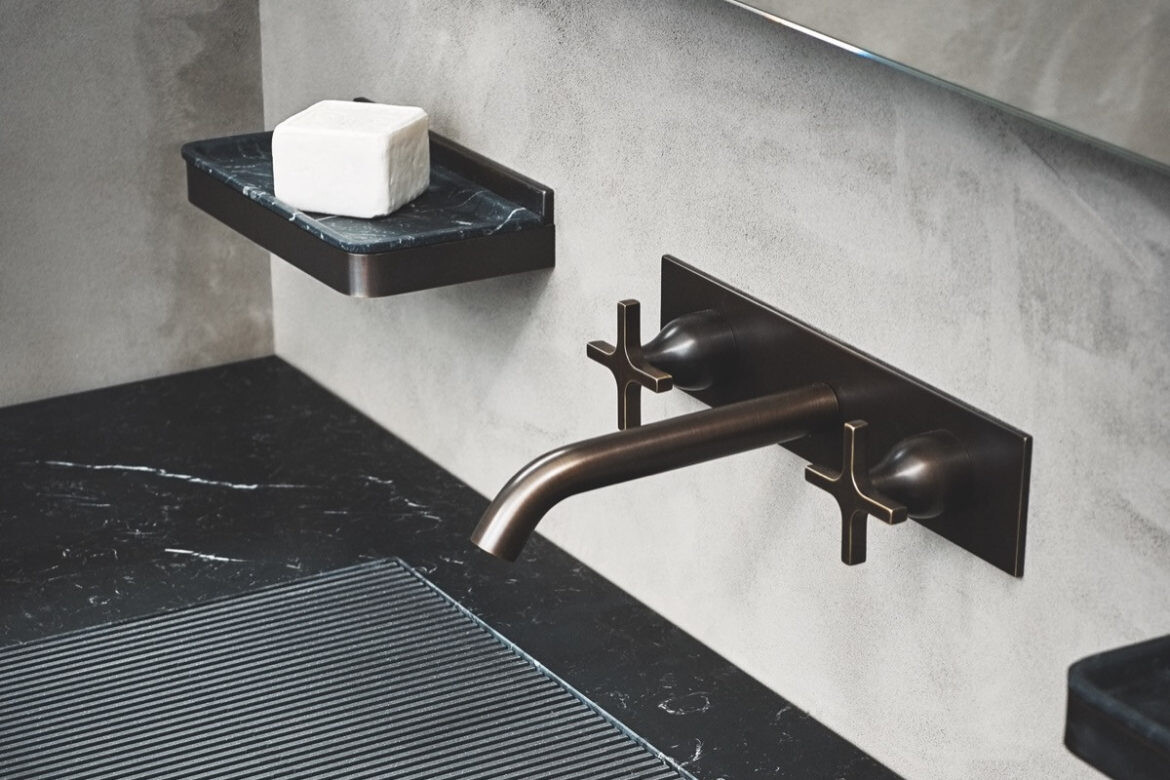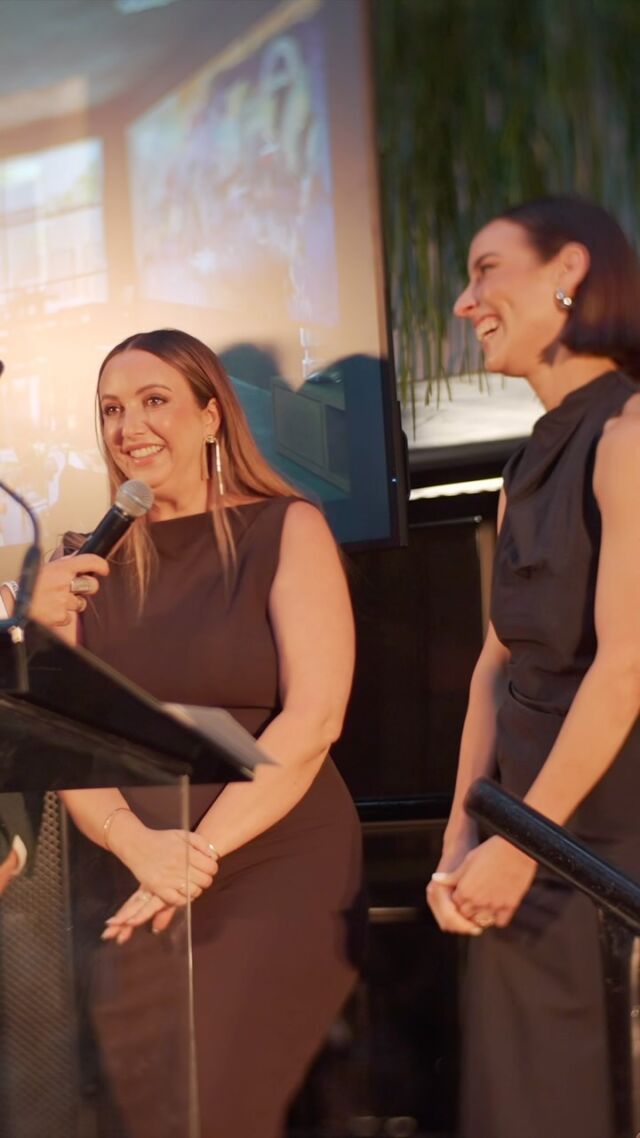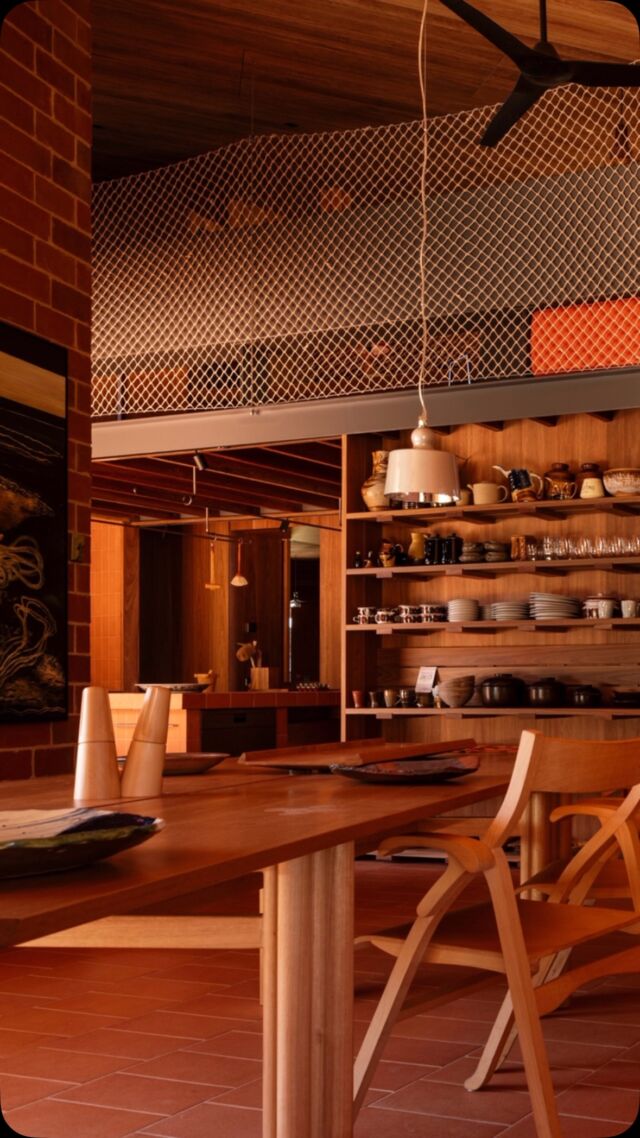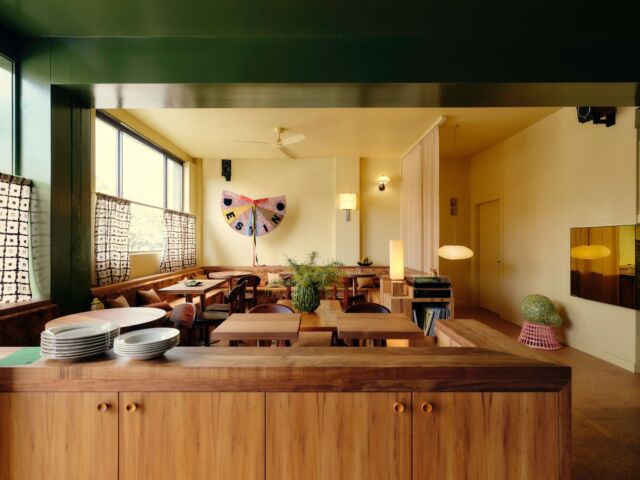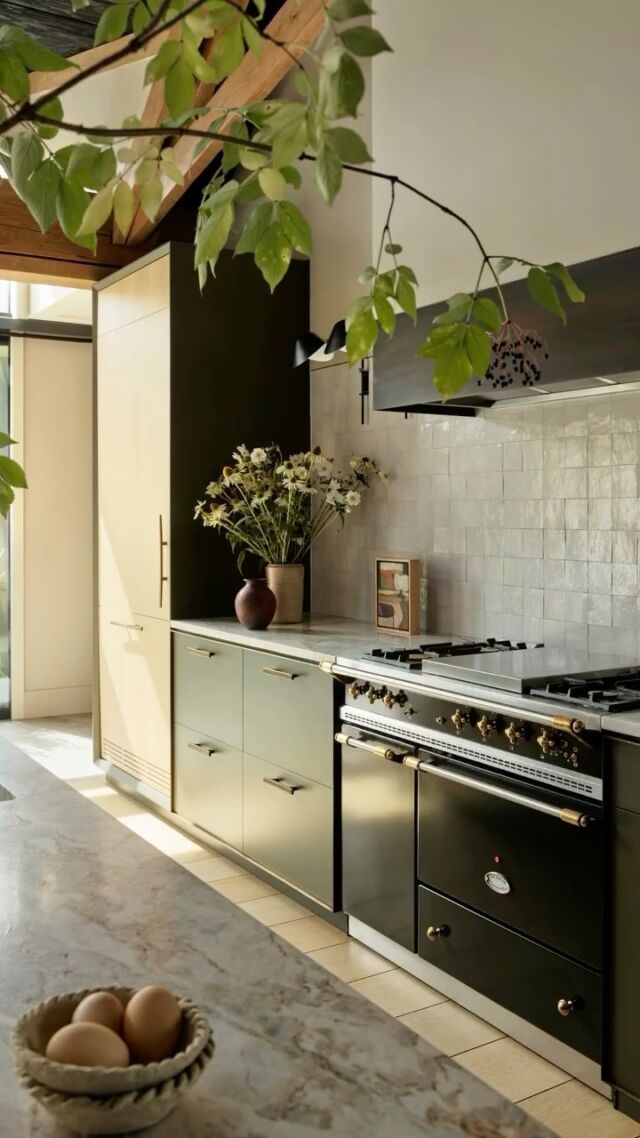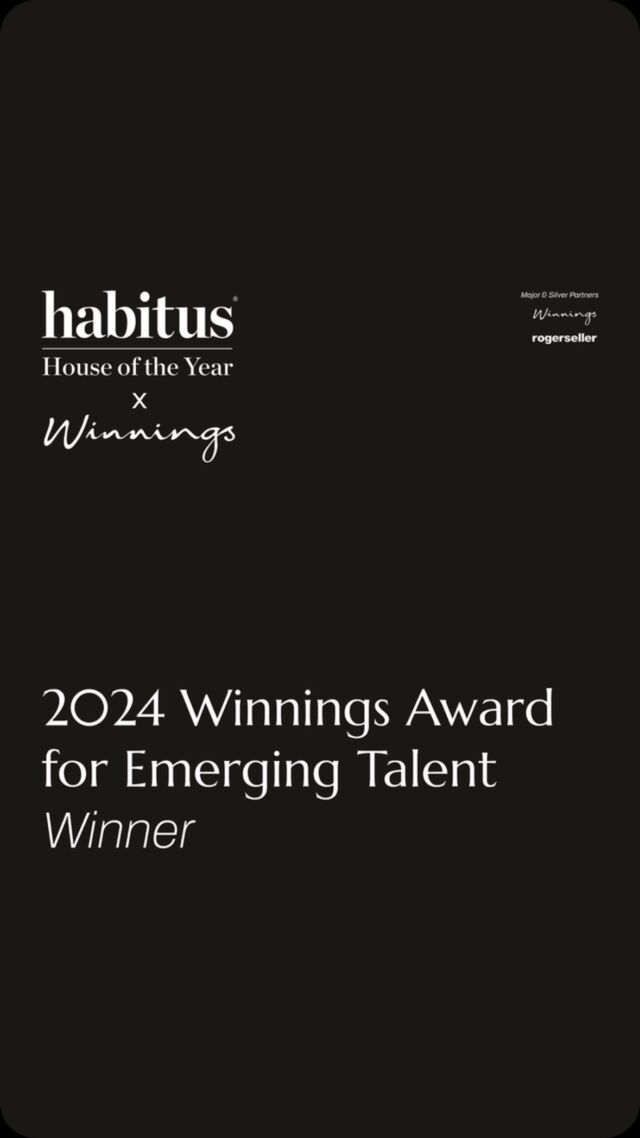Goldfinger Factory is a design and build social enterprise in London affording underprivileged creatives and makers the opportunity to up-skill. Arup, on the other hand, was established in 1946 by a philosopher and engineer and is today known for regular collaborations with leading architects.
Together they have created a small family of desktop organisation containers that vary in size and capacity. The collection immediately brings to mind Play School craft projects repurposing the bottom of plastic milk cartons, but this is a grown up iteration with a strong social cause.
Materially, they’re made from a combination of waste, blow moulded polyethylene milk bottles and waste timber from interior refurbishment projects. But the aesthetics of the end result was just as important as the upcycled nature of the initiative.
“We can’t assume people will buy products on the basis that they are sustainable, the look and feel of the design and the story behind it has to stack up,” says Marie Cudennec, Co-Founder of Goldfinger Factory. “The GOLBORNE range offers a sustainable approach to the manufacture of functional and beautiful products, one that uses waste as a resource with minimum impact whilst providing less advantaged people with the know how to make a living from upcycling in the future.”
“Like all designers, we are in a privileged position to influence people and the products they use in their everyday lives,” adds Stephen Philips, leader of Arup’s product design team. “It carries a weighty responsibility to do the best possible job for current and future generations as our work leaves a significant legacy to society.”





